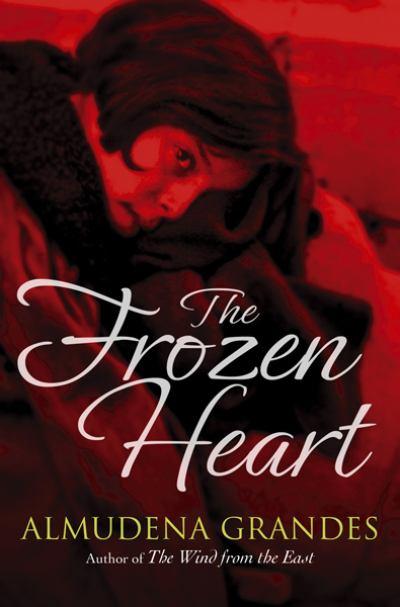 Synopsis
Synopsis
In the small town of Torrelodones on the outskirts of Madrid a funeral is taking place. Julio Carrion Gonzalez, a man of tremendous wealth and influence in Madrid, has come home to be buried. But as the family stand by the graveside, his son Alvaro notices the arrival of a stranger – a young and attractive woman. No one appears to know who she is, or why she is there. Alvaro’s questions only deepen when the family inherits an enormous amount of money that is a surprise even to them. In his father’s study Alvaro discovers an old folder with letters sent to his father in Russia between 1941 and 1943, faded photos of people he never met, and a locked grey metal box. The woman is Raquel Fernandez Perea, the daughter of Spaniards who fled during the Civil War. One episode in her past has marked her for ever – the only time she saw her grandfather cry. Her fate, and that of the family, now hangs on the secrets of Julio’s past. From the provincial heartlands of Spain to the battlefields of Russia, The Frozen Heart is a mesmerising journey through a war that tore families apart, fathers against sons, brothers against brothers, wives against husbands. Against such a past, where do faith and loyalty lie?
Praise for “The Frozen Heart”
“Almudena Grandes is one of the most entertaining and powerful literary novelists now writing in Spanish. The Frozen Heart is a great book – one of the most fully engaged and compelling stories I’ve ever read.”
Peter Florence, Director, Hay on Wye Festival
The Frozen Heart, by Almudena Grandes, is truly an epic novel. Perhaps it is ‘the’ modern Spanish novel. It chronicles the lives of two families from the start of the Spanish Civil War to 2005: their loves, their losses and their victories, the choices they make. […]
Almudena Grandes examines national identity, the brutal divisions of war, and the power of greed, love, and the passing of time with real respect and sadness for Spain. Do we define our identity by what we oppose, what we rebel against, or what we cleave to? In exile, is identity defined by what we long for? Or is identity defined by what we become? As a country are we only the sum of our past?
Ceri Evans, belletrista.com